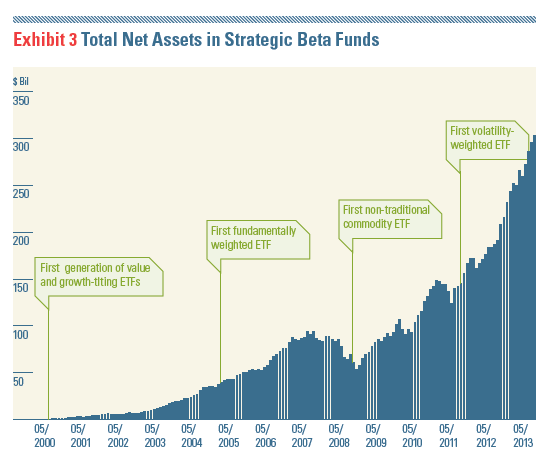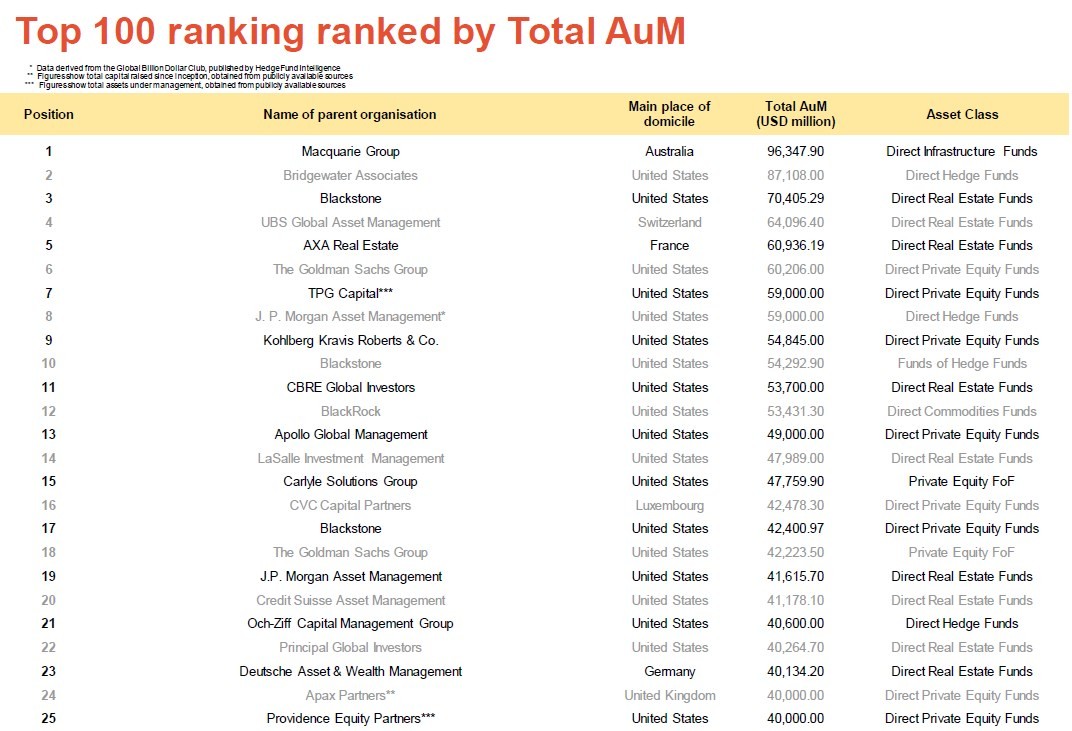What you Need to Know about Smart Beta
Post on: 16 Март, 2015 No Comment

The term smart beta is becoming bandied about more frequently these days. In her first post for The Blog, Sara Shores explains smart beta and its potential benefits as part of an overall investment strategy.
Chances are you’ve seen the headlines about smart beta . It’s become one of the most ubiquitous themes in the investment industry. But what exactly is smart beta, and what can it do for you as an investor?
Over the last decade, investors far and wide have increasingly embraced the benefits of passive investing strategies that seek to replicate a benchmark as closely as possible as a way to efficiently access market returns at a lower cost. But while our minds might appreciate the transparency and consistency of a passive approach, our hearts are often more than the benchmark return: We all want to be above average! Enter smart beta.
For the last 40 years, investors have thought of beta, or passive investing, as being defined by market capitalization that is, by owning all or part of an index whose component companies or governments are represented in proportion to their shares outstanding, with the biggest issuers making up the largest slices of the index. So passive funds typically own, say, the same securities that are in the S&P 500 or the Barclays U.S. Aggregate Bond Index, while active strategies try to outperform those indices by holding positions that deviate from broad cap-weighted indexes. The beauty of smart beta is that it blends aspects of both passive and active approaches: It’s active in that it attempts to improve risk-adjusted returns compared to cap-weighted indices by capturing market anomalies or investment themes. But it’s also passive in that we believe portfolio construction should be rules-based and transparent.

Why so smart?’
The basic zero-sum math of capital markets still holds true: For every winner there must be a loser. What’s differentiated about smart beta is the recognition that there are certain risks (or risk premia, in the language of investment managers) that have been categorically rewarded, like taking on economic or inflation risk. At the same time, there have been forces often powerful ones that have driven market prices away from the pack in a predictable way, such as the way so-called value stocks or low volatility stocks tended to outperform over the long term. Many of these ideas have been featured in actively managed portfolios for decades. Smart beta allows investors to capture these themes at a fraction of the cost.














